Qu'est-ce que le denim : un guide complet

Table of Contents
- Introduction to Denim
- Origins and Evolution of Denim
- Materials and Weaving Techniques
- Major Types of Denim
- Advantages and Disadvantages of Denim
- Entretien et maintenance du denim
- Denim Shrinkage & Prevention Tips
- Conclusion
1. Introduction to Denim
Denim is a sturdy cotton twill fabric, iconic for its use in jeans. Woven in a Armure sergée 3/1, it features indigo-dyed warp threads over undyed weft threads, creating the classic blue-and-white contrast. This structure causes denim to fade naturally, developing unique patterns in high-wear areas, making every piece distinct.
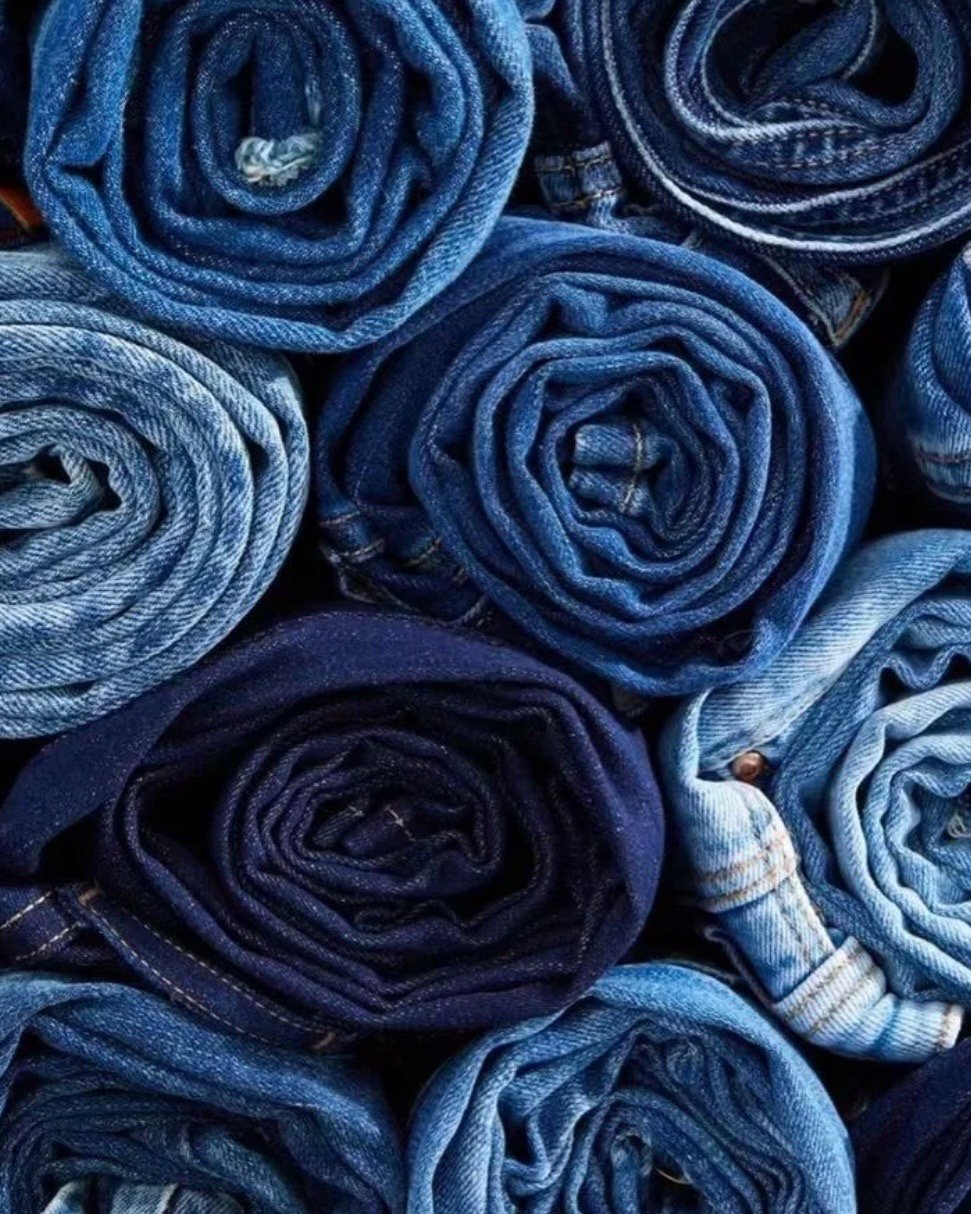
Denim
2. Origins and Evolution of Denim
Originating in the mid-19th century United States, denim was crafted for workwear, serving miners and laborers due to its durabilité. By the 20th century, it became a cornerstone of American culture, popularized through cowboy imagery and Hollywood. Today, denim transcends jeans, appearing in jackets, skirts, and home textiles, symbolizing rebellion and style. Learn more at LYDenim’s blog on denim fabrics.
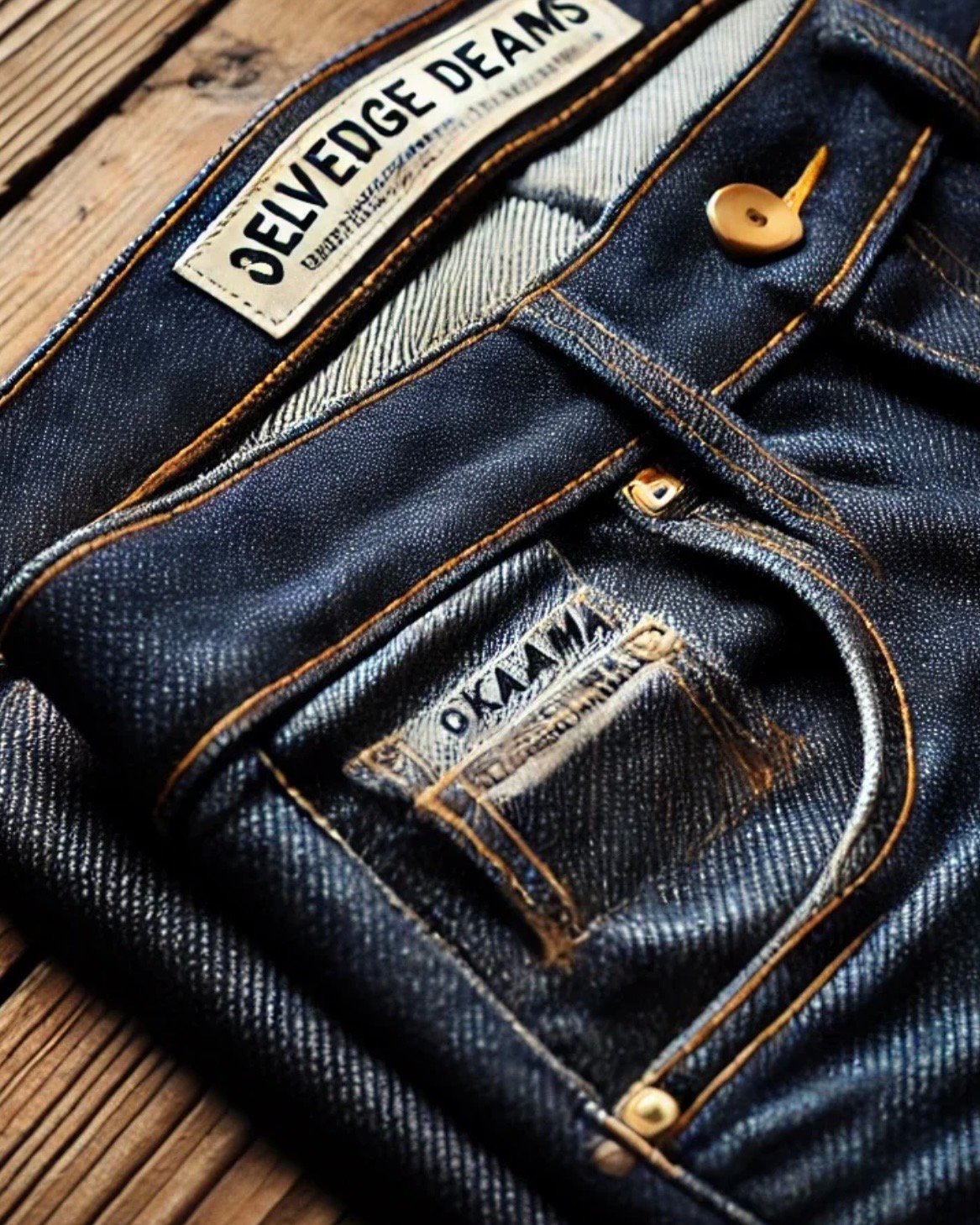
Evolution of Denim
3. Materials and Weaving Techniques
Denim is primarily made from coton, offering breathability and comfort. Its weave structures define its texture and appearance. According to Guide de tissage de LYDenim, key types include:
- Right-hand Twill: Common, with diagonal ridges; feels rigid.
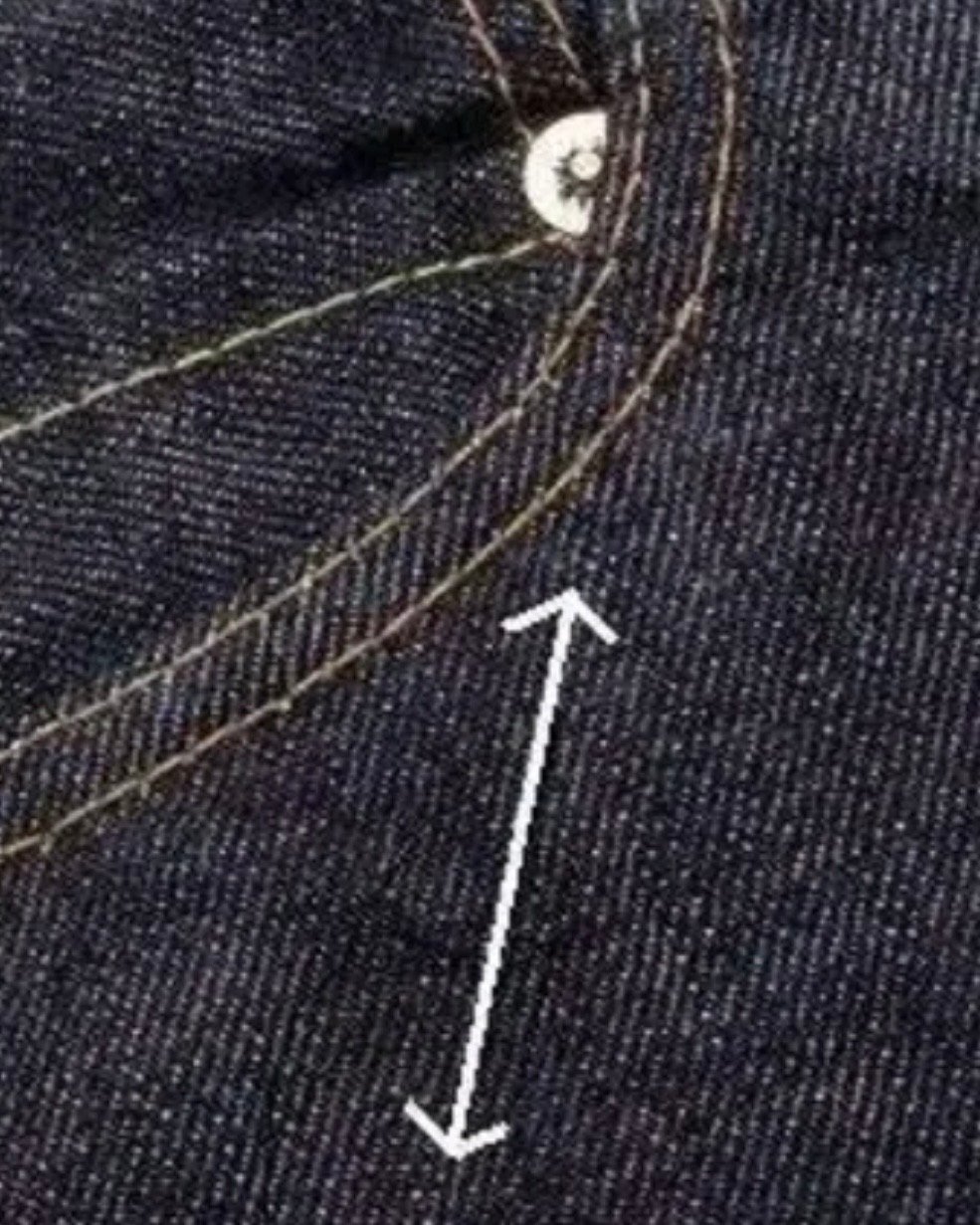
Right-hand Twill
- Left-hand Twill: Softer, with smoother fading.
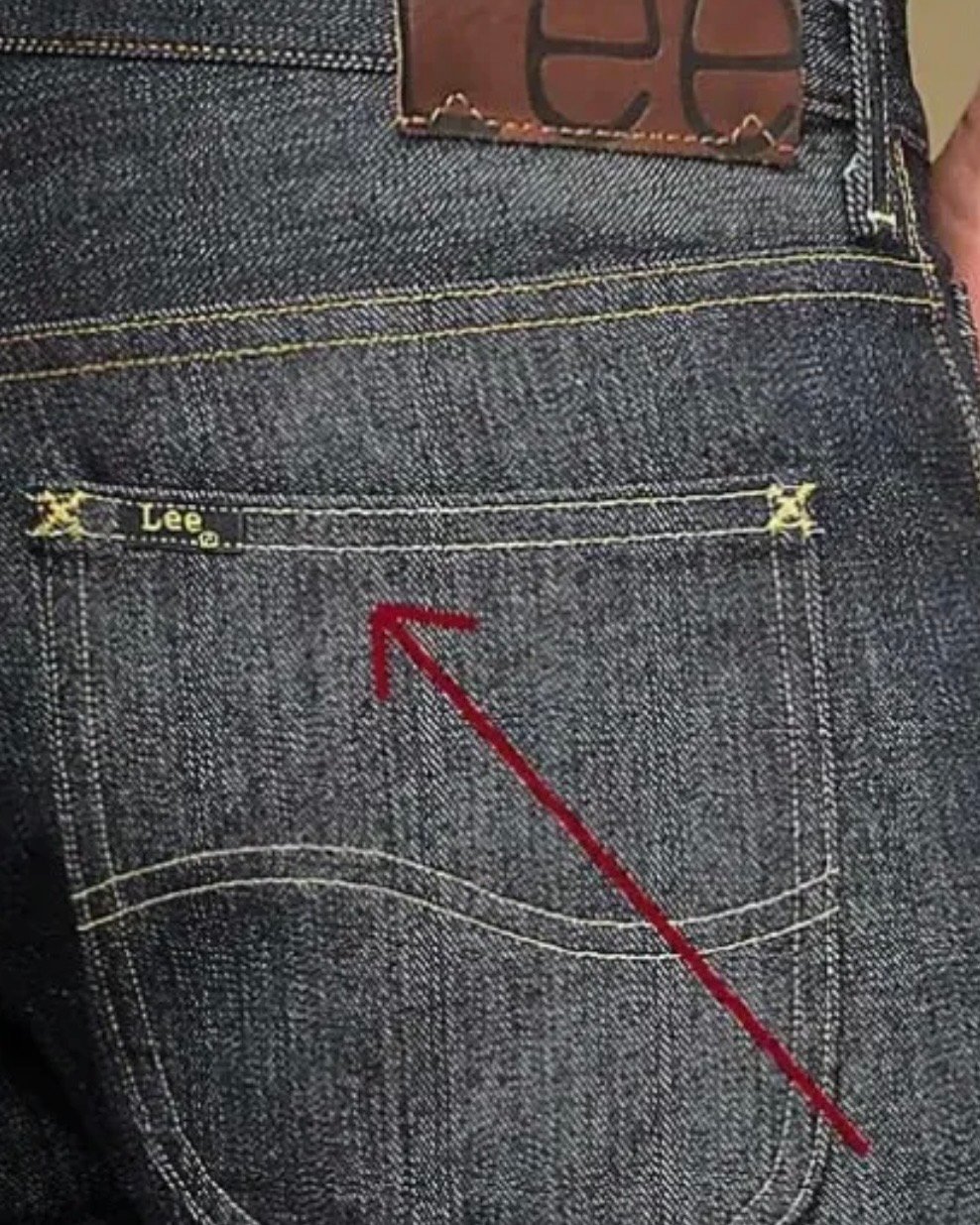
Left-hand Twill
- Sergé brisé: Zig-zag pattern, reducing fabric twist.
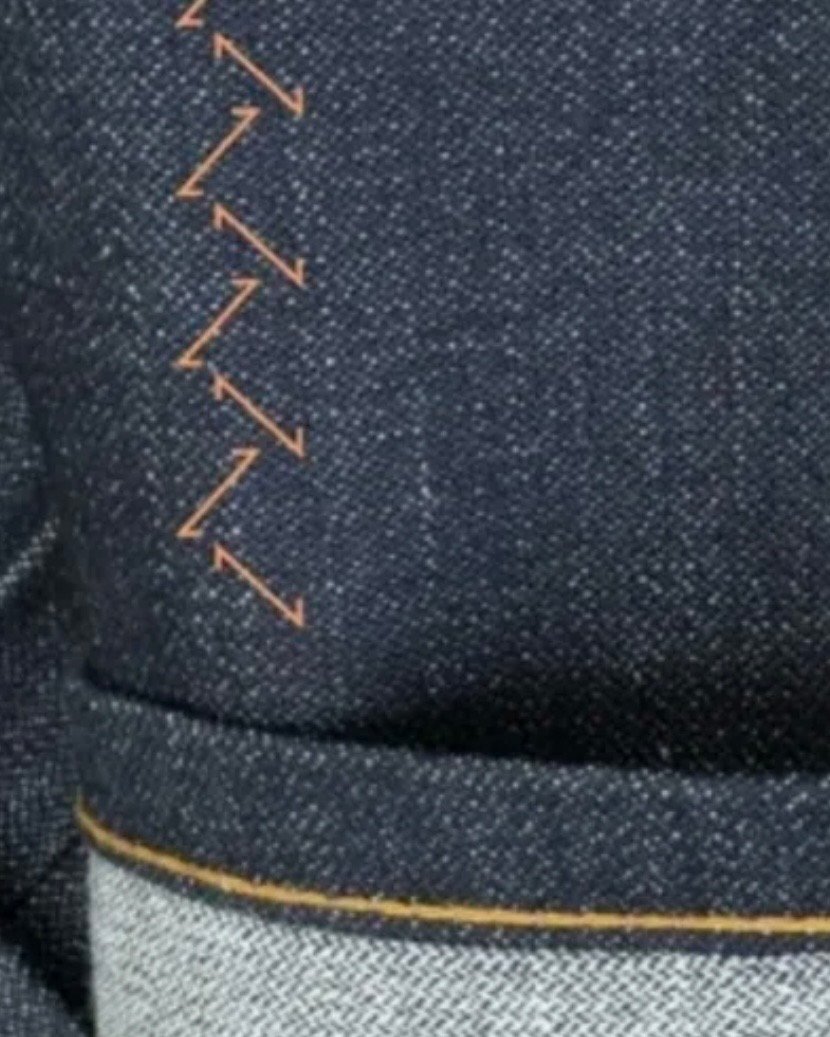
Sergé brisé
4. Major Types of Denim
Modern denim varies to suit diverse needs:
- Classic Denim: Heavy, durable; ideal for jeans and jackets.
- Denim extensible: Cotton blended with elastane for flexibility; used in jeans skinny.

Denim Stretch
- Chambray: Lightweight, perfect for shirts and summer wear.

Chemise en chambray
- Denim brut: Unwashed, stiff; valued for its décoloration unique over time.

Types of Denim
5. Advantages and Disadvantages of Denim
Avantages:
- Durabilité: Twill weave ensures strength.
- Versatilité: Suits casual and formal styles.
- Unique Aging: Fades create personalized patterns.
Inconvénients:
- Rétrécissement: Cotton denim may shrink post-wash.
- Color Fading: Indigo dye bleeds easily.
- Poids: Heavy denim can be uncomfortable in heat.
Explore more at LYDenim’s fabric pros & cons guide.
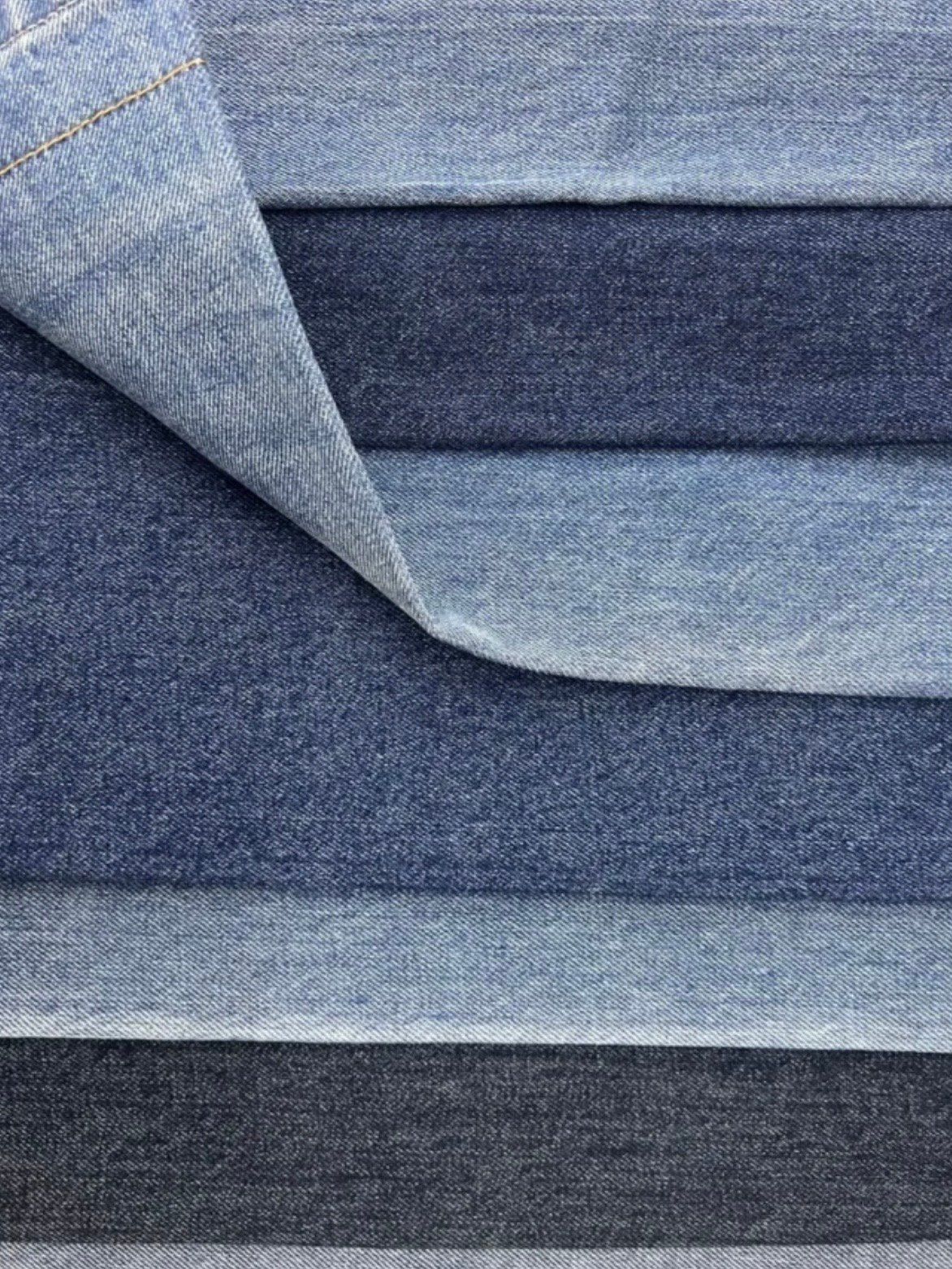
Advantages and Disadvantages of Denim
6. Denim Care and Maintenance
Proper care extends denim’s lifespan:
- Wash sparingly to preserve color and structure.
- Use cold water (30°C–40°C) to minimize shrinkage.
- Turn jeans inside out to reduce fading.
- Air dry, avoiding direct sunlight or tumble dryers.

Entretien et maintenance du denim
7. Denim Shrinkage & Prevention Tips
Denim brut may shrink 5%–10% after washing, per LYDenim’s shrinkage guide. To minimize this:
- Optez pour sanforized denim (pre-shrunk, under 3% shrinkage).
- Wash in cold water, avoiding hot cycles.
- Hang dry to maintain fit and structure.
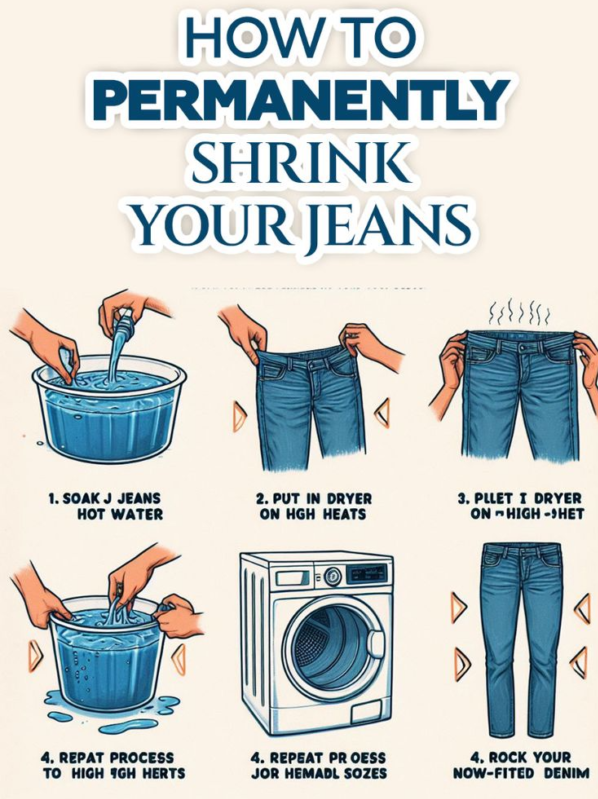
8. Conclusion
Denim is a timeless tissu, evolving from workwear to a global fashion staple. Understanding its weaves, types, care, and shrinkage solutions empowers better choices for consumers and designers. Dive deeper into denim à LYDenim’s blog.
